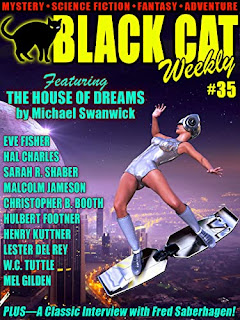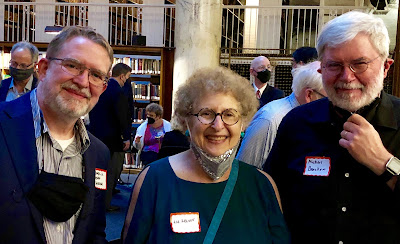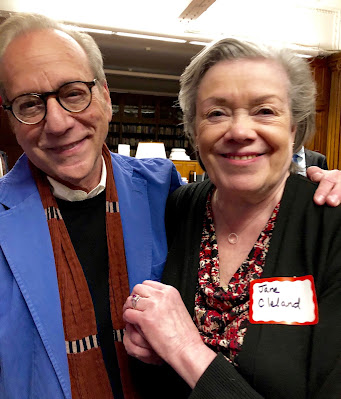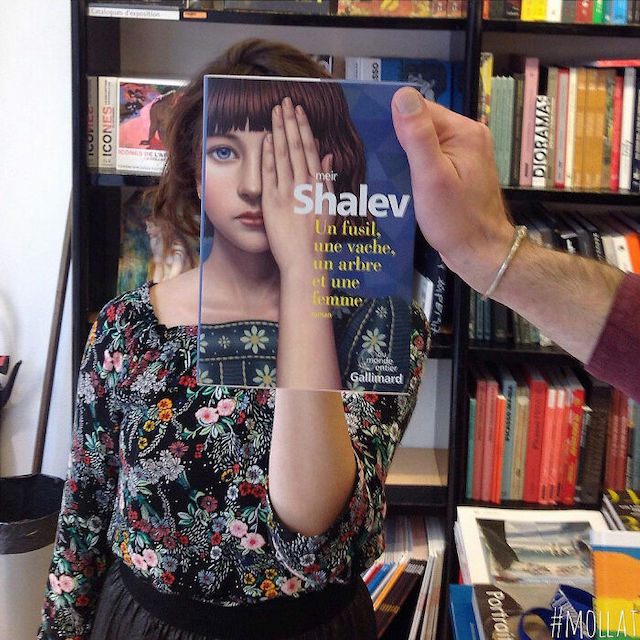A recent "topic of the week" at the message board of the Short Mystery Fiction Society was one that I found especially interesting. It was "Humor in Crime Fiction." I didn't participate in the discussion, or at least haven't yet, but I've been enjoying reading the views of others on the subject, and the consensus seems to be that a little humor is almost always a plus, even in the more serious novels and short stories.
I agree. Many of my favorite authors--among them Joe R. Lansdale, Nelson DeMille, the late Donald Westlake, Stephen King, Janet Evanovich, Lawrence Block, Carl Hiaasen--include humor in most (in some cases, all) of their writing, to the point that I and others have come to expect it. And I believe that if Thomas Harris can manage to inject a degree of humor into ultra-violent books like Hannibal and The Silence of the Lambs, most authors could do the same, if they wanted to.
Humor is serious business
I do realize, of course, that some topics don't lend themselves to lighthearted writing--I don't recall anything funny in Schindler's List or Sophie's Choice or Leaving Las Vegas. But in the kind of mystery/crime stories I'm thinking of, the humor doesn't have to be Laugh Out Loud hilarity. It can be something as small as banter between partners, witty observations, weird incidents, or just characters not taking themselves too seriously. Anything that can occasionally bring a smile to the reader's face. Moviewise, the Cohen Brothers seem to be especially good at that ("He's fleeing the interview!").
I also realize that humor can backfire if you're not careful. I saw the following quote in an article called "Why Humor Is So Essential in Fiction" (Joel Sippie, The Wrtier): "The first thing to remember is not to overdo it. Overcooked humor is just as bad as overcooked turkey. No one needs more of either in their lives." But if it is done correctly, it's a great advantage.
In my own writing world
It has occurred to me that part of the reason some of my short-story series have worked at certain markets is that humor plays a big part in those stories. My country-bumpkin sheriff who often enlists the assistance of his former schoolteacher in his Woman's World investigations is usually more irritated by her bossy manner and grammar instruction than grateful for her help, and in dozens of stories in other magazines my amateur crimefighter Fran Valentine is just as interested in trying to find a husband for her sheriff daughter Lucy as she is in solving the cases. That kind of thing seems to also work in some of my longer and more intense crime stories. But--again--I try to be careful not to overplay it.
Here are a few more personal examples. Two fairly recent Derringer Awards came from (1) my flash story "Tourist Trap" about two people plotting a murder/robbery in ancient Italy and (2) a longer story called "On the Road with Mary Jo" about a pair of dimwitted bank robbers who steal what turns out to be an experimental self-driving car. I made sure both those plots, and the character relationships that go with them, relied entirely on humor. And just last week an old friend from IBM asked me about one of my early stories called "Saving Mrs. Hapwell," which involved a cowboy who finds himself in an awkward confrontation with the husband of an old girlfriend. What my buddy said he remembered most about the story was that it was funny, which I took as high praise. (That story has now been reprinted in nine different markets, including here, two years ago.)
In my own reading (and viewing) world
Not that it matters, but here are a few of my favorite pieces of humorous fiction:
Short Stories:
"The Kugelmaas Episode," Woody Allen
"The Green Heart," Jack Ritchie
"Voodoo," Fredric Brown
"The Catbird Seat," James Thurber
"The Absence of Emily," Jack Ritchie
Novels:
No Way to Treat a First Lady, Christopher Buckley
Four to Score, Janet Evanovich
What's the Worst that Could Happen?, Donald Westlake
A Confederacy of Dunces, John Kennedy Toole
Lucky You, Carl Hiaasen
Movies:
A Funny Thing Happened on the Way to the Forum (1966)
Blazing Saddles (1974)
Ferris Bueller's Day Off (1986)
Airplane! (1980)
Raising Arizona (1987)
Note: It's not fiction, but my favorite funny memoir is Born Standing Up, by Steve Martin.
Questions and conclusions
How much humor do you put into your stories or novels? Do you find humor enjoyable to write? Hard to write? Do you ever seek out funny books or stories or movies to read or watch? What are some of the best you've found?
In closing--and despite what many literary authors and readers seem to think--I believe meaningful fiction doesn't have to be a deep and bleak journey into the misery of the human condition. And with that in mind . . .
Keep writing, and keep smiling.











.jpg)
.jpg)































